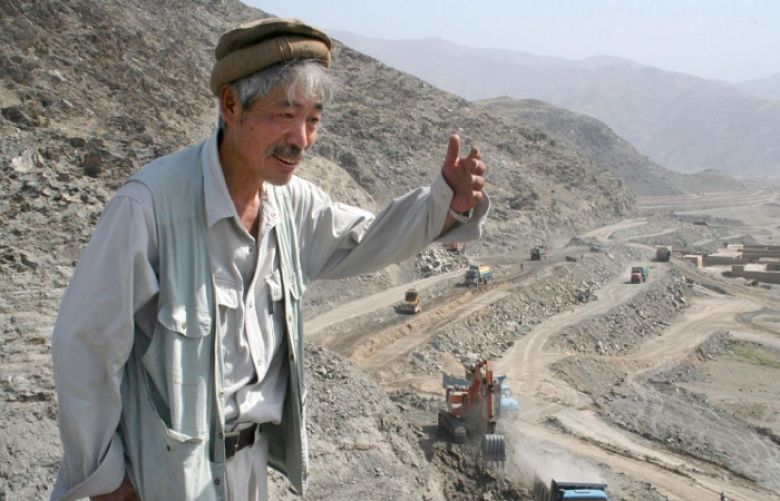Japanese Doctor Who made Afghan Deserts Green is Killed
- Last modified on
Tetsu Nakamura, the Japanese doctor and aid worker killed in Afghanistan on Wednesday, was inspired to make the country’s deserts green by the deaths of children in a clinic he ran in a drought-stricken rural area.
The people he helped called him “Uncle Murad.”
Dr. Tetsu Nakamura left his home in Japan in the 1980s to treat leprosy patients in Afghanistan and Pakistan. He later found, however, that severe drought was killing more people than his clinics could save.
So he discovered a new calling: irrigation. In the 2000s, adapting old Japanese techniques that required little technology, he helped villagers displaced by drought build a network of canals that has transformed an area of nearly a million residents.
“A doctor treats patients one by one, but this helps a whole village,” Dr. Nakamura had said. “I love seeing a village that’s been brought back to life.”
On Wednesday, Dr. Nakamura was attacked by gunmen while driving to work in Jalalabad, the capital of Nangarhar Province, in eastern Afghanistan. Five members of his organization’s staff were killed, and Dr. Nakamura was wounded fatally. He was 73.
“He was operated on in Nangarhar hospital, but he had received several bullet wounds,” said Attaullah Khogyani, a spokesman for the province’s governor. Dr. Nakamura died as they were rushing him to the local airport to fly him to the medical facility at the American military base in Bagram, Mr. Khogyani said.
It was the latest case in a series of attacks targeted at humanitarian workers in Afghanistan, just a week after an American working for the United Nations was killed in an explosion striking his vehicle in the capital, Kabul. Dr. Nakamura’s murder was particularly brutal, sending shocks of grief around Afghanistan and drawing widespread condemnation. No militant group has yet claimed responsibility: The Taliban denied involvement, said a Taliban spokesman, Zabihullah Mujahid.
The killing came on a day the State Department announced its peace envoy, Zalmay Khalilzad, was on the road again after President Trump declared the resumption of talks with the Taliban, which he had called off in September. After meeting Afghan leaders in Kabul, Mr. Khalilzad was set to travel to the Qatari capital, Doha, to resume negotiations with the Taliban.
“In Doha, Ambassador Khalilzad will rejoin talks with the Taliban to discuss steps that could lead to intra-Afghan negotiations and a peaceful settlement of the war, specifically a reduction in violence that leads to a cease fire,” the State Department said in a statement.
The sorrow for Dr. Nakamura was deep in Khewa, a district in Nangarhar where much of the work of his organization, Peace Japan Medical Services, had been focused.The sorrow for Dr. Nakamura was deep in Khewa, a district in Nangarhar where much of the work of his organization, Peace Japan Medical Services, had been focused.







